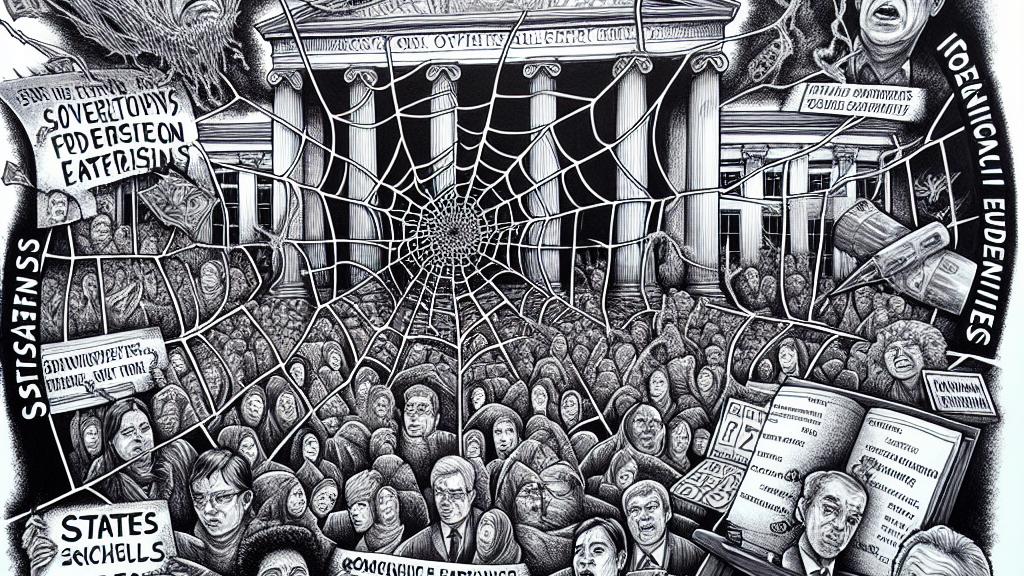Understanding the Impact of Funding Freezes on States and Schools
Overview
- Federal grant freezes can dismantle essential services and cut off vital resources.
- Vague directives from the government lead to confusion and panic across states.
- Swift and effective responses are crucial to reduce disruptions and restore order.

The Consequences of the Federal Grant Freeze
When the Trump administration announced a federal grant freeze, many were left stunned and uncertain. This abrupt decision intended to enforce compliance with executive orders soon spiraled into chaos, leaving states and local organizations scrambling. Imagine educators in a classroom, unsure if they could pay their bills or keep teaching because funding was suddenly put on hold. With this freeze, essential services that millions rely on were threatened — intertwining the fate of schools, health programs, and community organizations in a precarious web of confusion.
Ripple Effects on Vulnerable Populations
The freeze's implications were immediate and severe, impacting families across the nation. For instance, consider Head Start programs that support early education for at-risk children—they found themselves at a standstill. Over 800,000 children depended on these services, and suddenly, dedicated staff were worried about their jobs. Staff who worked tirelessly to enrich young lives now faced uncertainty. What happens when financial lifelines are severed? Children could miss out on crucial learning opportunities, and families could struggle to obtain essential support, such as healthy meals and educational resources.
Legal Challenges and Community Response
As anxiety gripped many, legal battles erupted. State attorneys and lawmakers mobilized to contest the freeze, emphasizing its broader implications for community welfare. They painted a concerning picture: without funding, local programs such as food assistance and mental health services could face damaging cuts. The potential repercussions were alarming. Picture this: a food bank that can no longer distribute meals, a mental health clinic forced to cut back on crucial services. This situation was not merely a policy problem; it was a threat to the livelihoods and well-being of countless individuals.
The Importance of Timely Interventions
Amid the turmoil, the White House moved quickly to rescind its freeze just two days later, a decision that exemplified the necessity for prompt action in governance. This swift reversal highlighted an essential truth: when public services are at stake, every minute counts. Leadership must prioritize effective communication and responsiveness to foster community resilience during crises. The experience served as a wake-up call, reminding us that communities depend on reliable funding and that government action should aim to restore trust and services with urgency.

Loading...